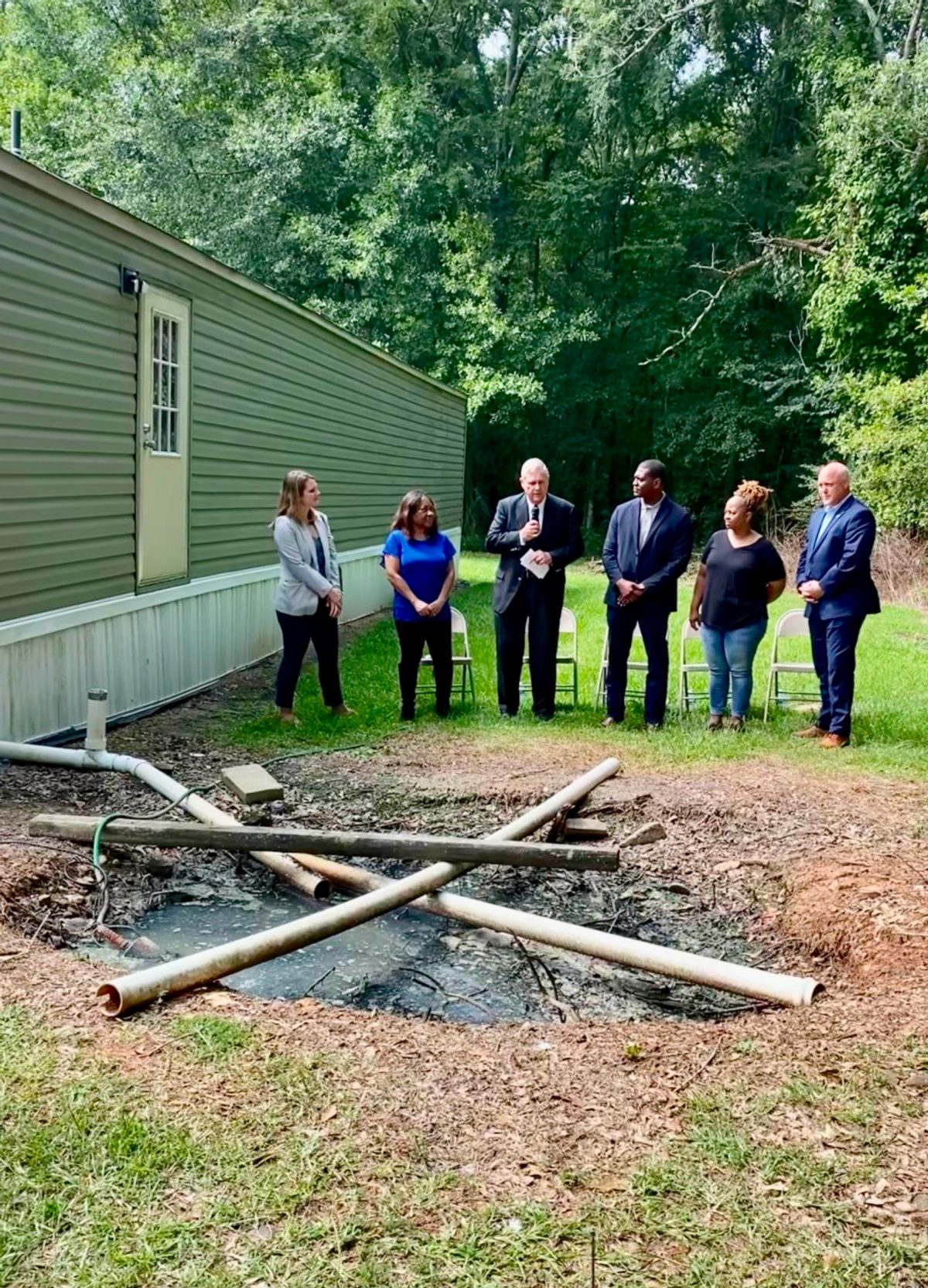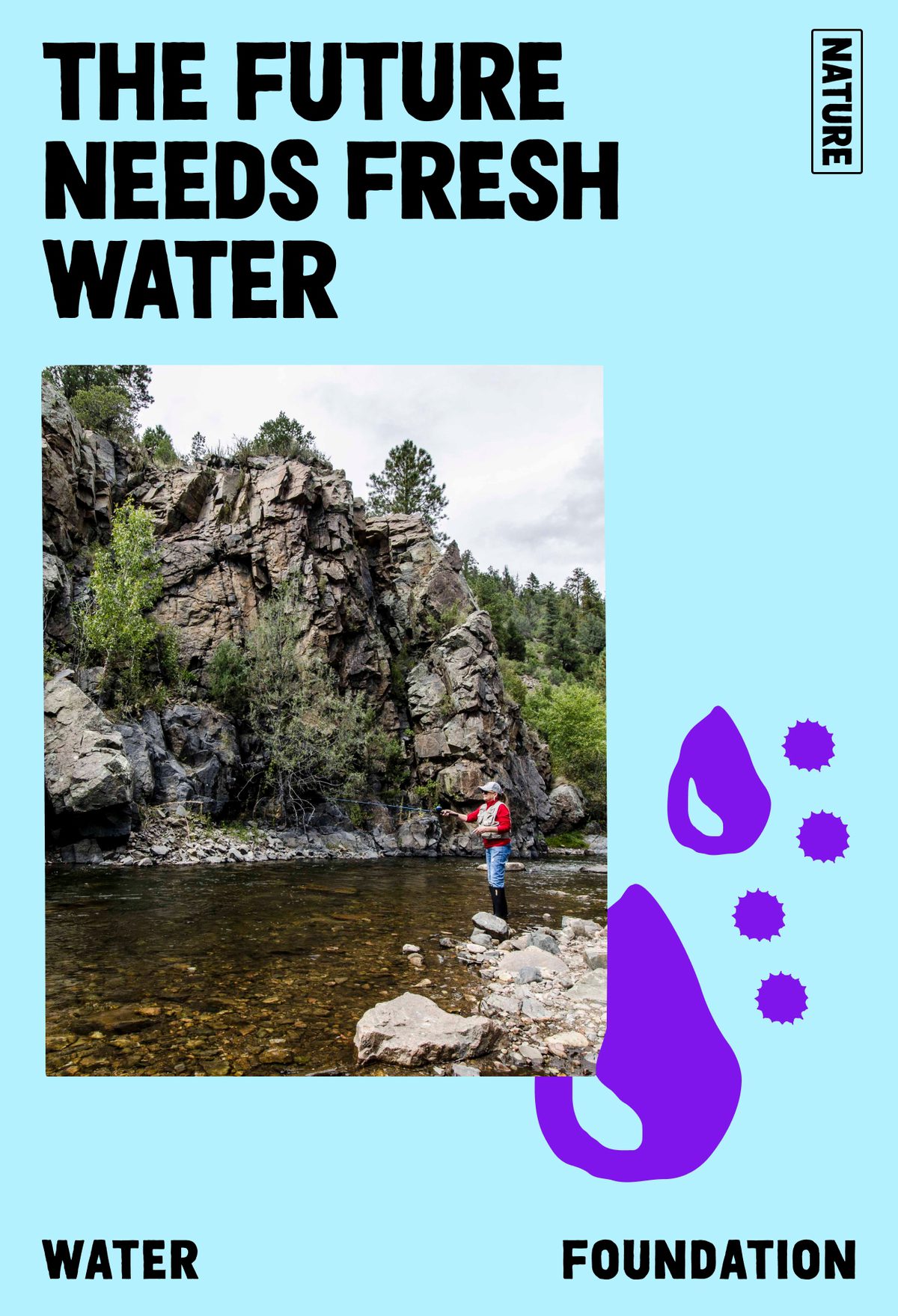Closing the loop on Broken sanitation
Nature


CREEJ
The Center for Rural Enterprise and Environmental Justice (CREEJ) is on a quest for resilient and sustainable close-loop sanitation solutions. One central issue that continues to surface is the lack of infrastructure, particularly wastewater infrastructure, necessary for sustainable economic development. For example, the Alabama Public Health Department used the threat of incarceration as a tool to punish families with failing or no septic systems. This tactic forced people to hide instead of disclosing the issues, which resulted in significant health impacts, including evidence of hookworm in Lowndes County. National attention to this discovery led to the revelation of wastewater issues in areas throughout the United States.
Seeing a world where everyone has access to clean water, air, and sanitation by eliminating health, economic, and environmental disparities.
-
Why this matters
It will become increasingly important to develop and implement strategies to address climate change, as populations move inland to rural areas away from the coast. In many counties across the U.S. there has been limited or no investment in finding suitable onsite wastewater technologies that might also reuse or recycle water.
-
What you can do
Ask Congress to expand funding for research and design for climate-resilient and sustainable wastewater treatment. A ten-year warranty on parts and service should be made available to all purchasers of new onsite septic systems.
-
72%
U.S. is rural
-
46.2M
People in rural counties
-
50%
Failing septic in Lowndes Co.





Speed & Scale
Photos by The White House and U.S. Department of Agriculture










